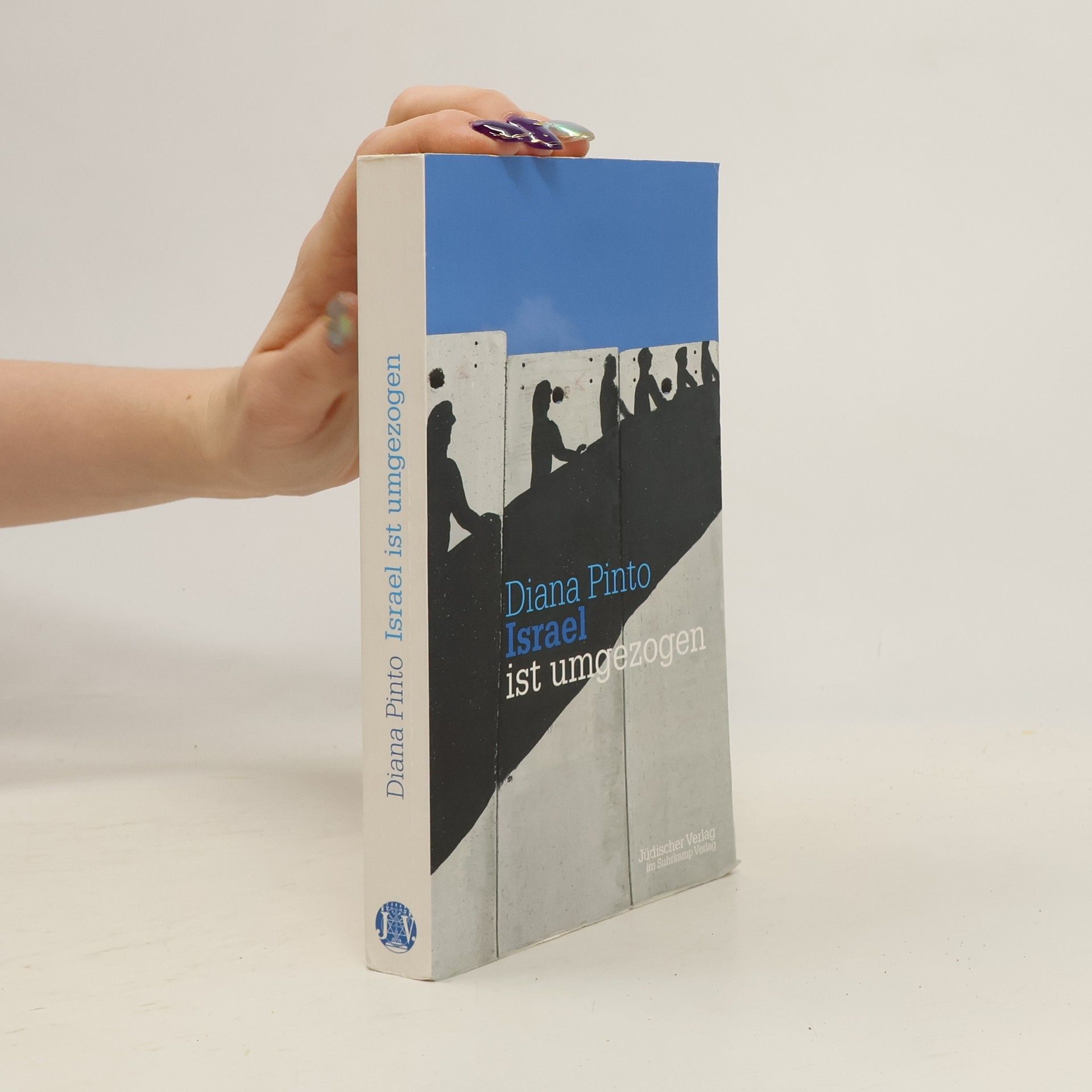Israel ist umgezogen
- 239pages
- 9 heures de lecture
Israel hat sich verändert – weg von feindlichen Nachbarn und dem gescheiterten Traum eines säkularen Zionismus, hin zu einer boomenden High-Tech-Industrie, die ihre Zukunft in der archaischen Vergangenheit neu gestaltet. Dana Pinto beschreibt Israel auf dem Weg zu einem autistischen Ultramodernismus, der versucht, die Probleme des jüdischen Staates zu umgehen. Das Buch ist eine kritische Auseinandersetzung mit einem Land, das sich fragen muss, wohin es steuert. Die Beziehungen zu Europa und den USA verlieren an Bedeutung, und weder die Erinnerung an die Shoah noch der traditionelle zionistische Konsens sind noch zentrale Elemente des israelischen Selbstverständnisses. Die Zukunft sieht das Land in der florierenden Hightech-Branche mit einer starken Ausrichtung auf China und einer Rückbesinnung auf eine archaische Vergangenheit – globalisiert und entgrenzt durch das Internet, zugleich ethnisch abgeschottet und politisch geprägt von nationalreligiösen und ultraorthodoxen Vorstellungen. In Form eines Reiseberichts präsentiert Pinto ein prägnantes Porträt eines Landes im Wandel. Durch Gespräche mit säkularen und orthodoxen, jüdischen und arabischen Israelis sowie durch Beobachtungen des Alltags schafft die Autorin eine engagierte Erzählung, die Hoffnung auf eine gewaltfreie Zukunft weckt.
